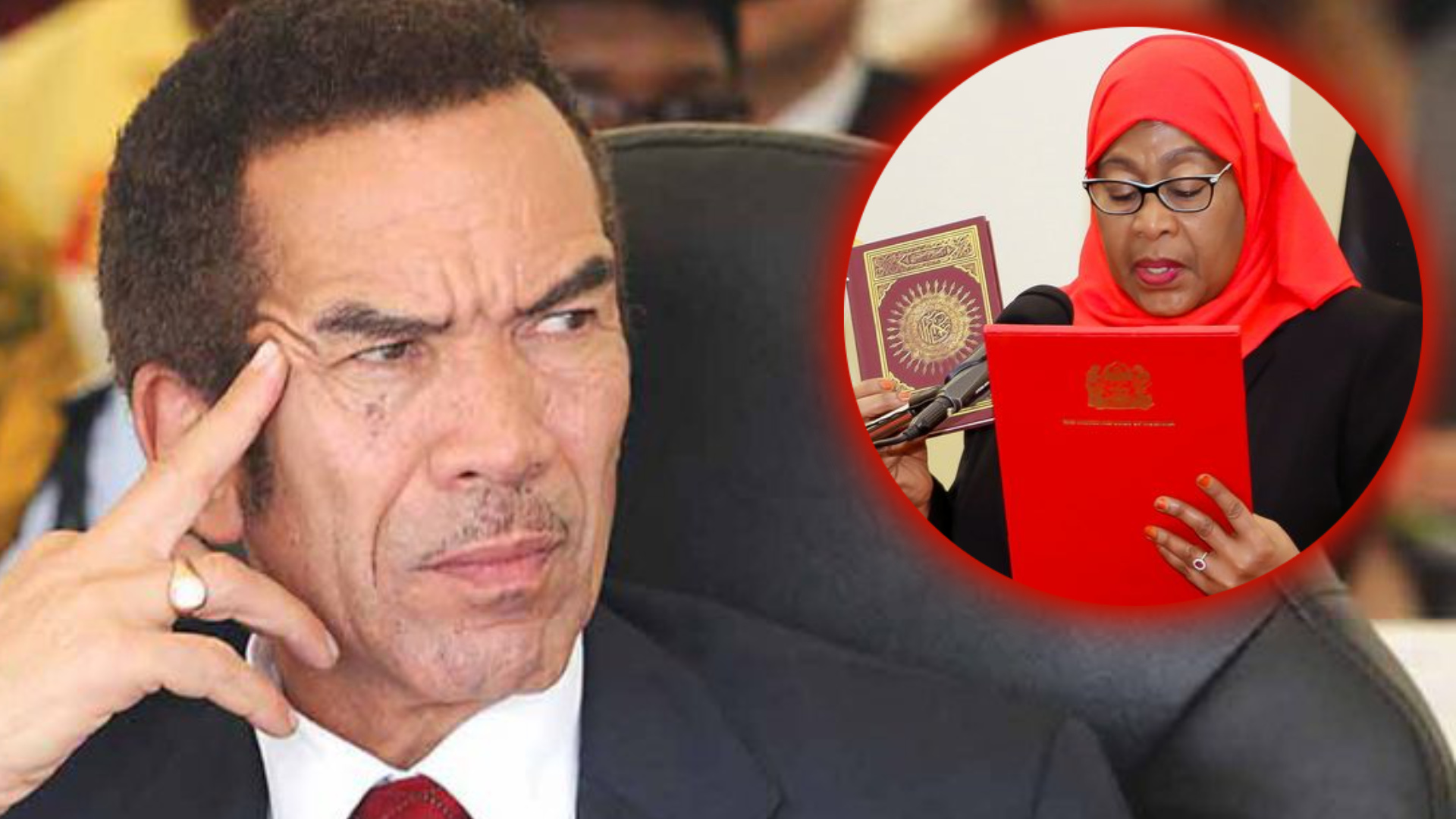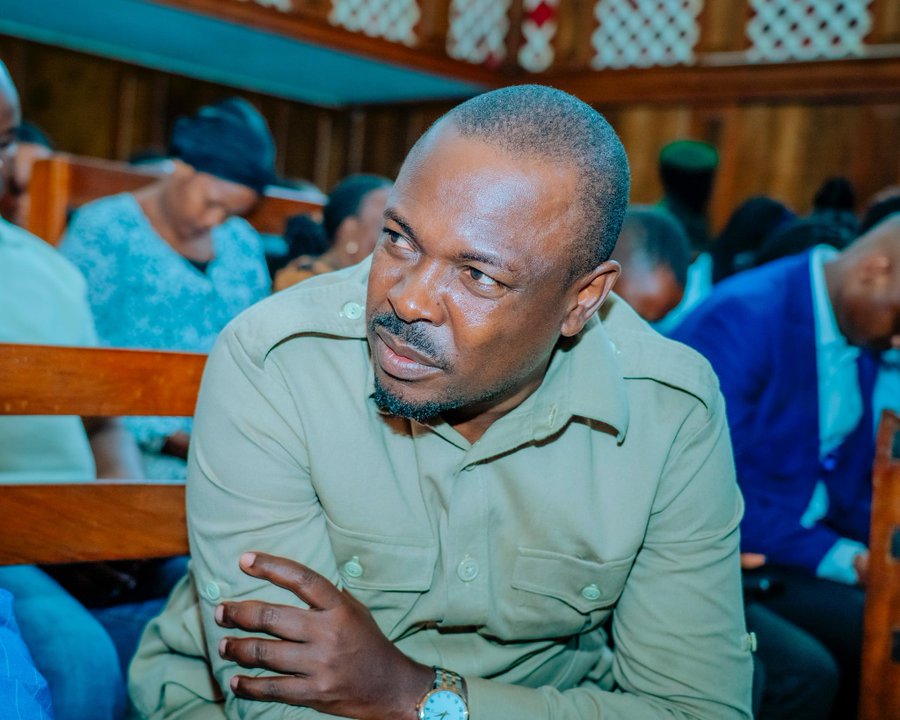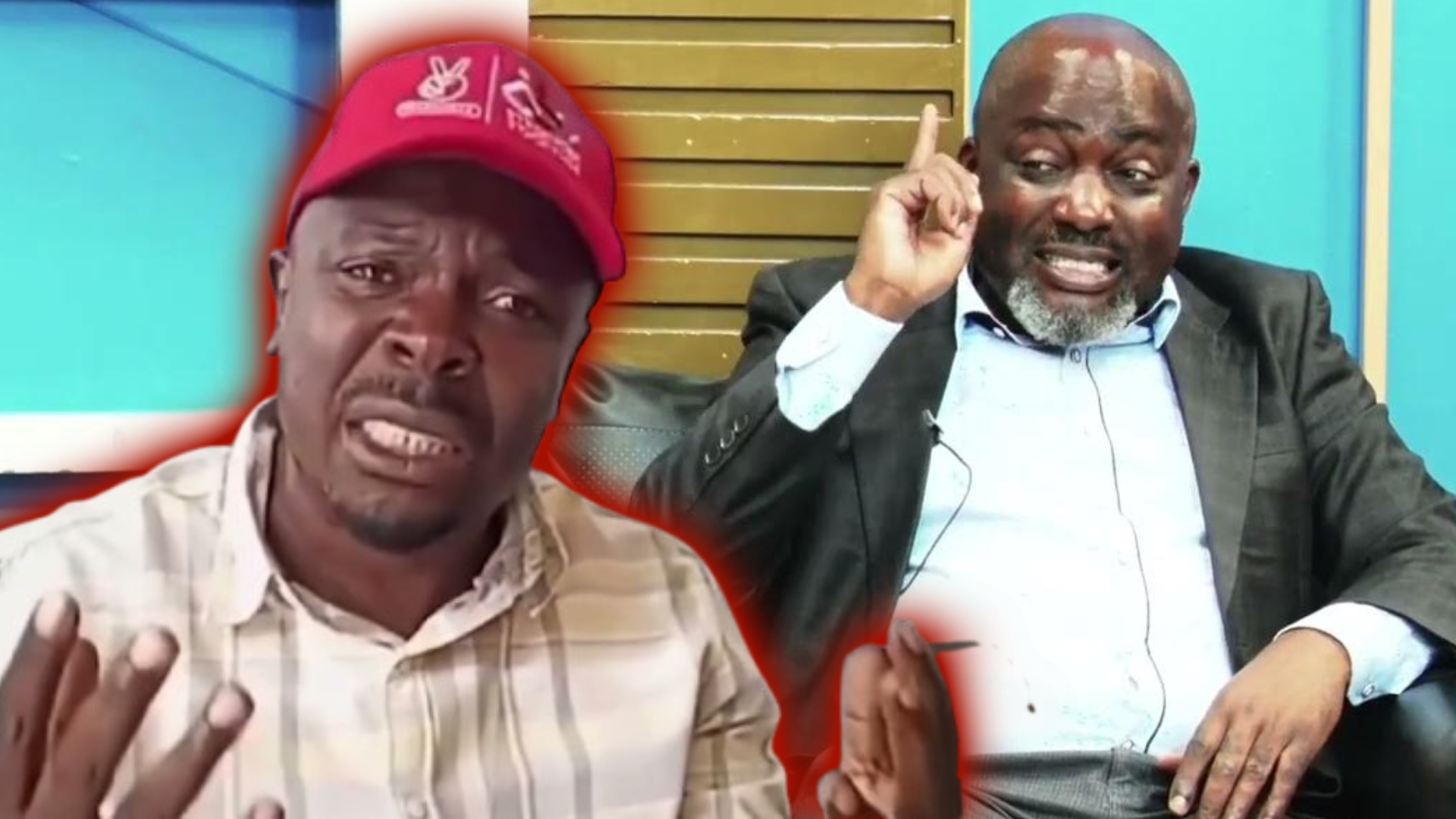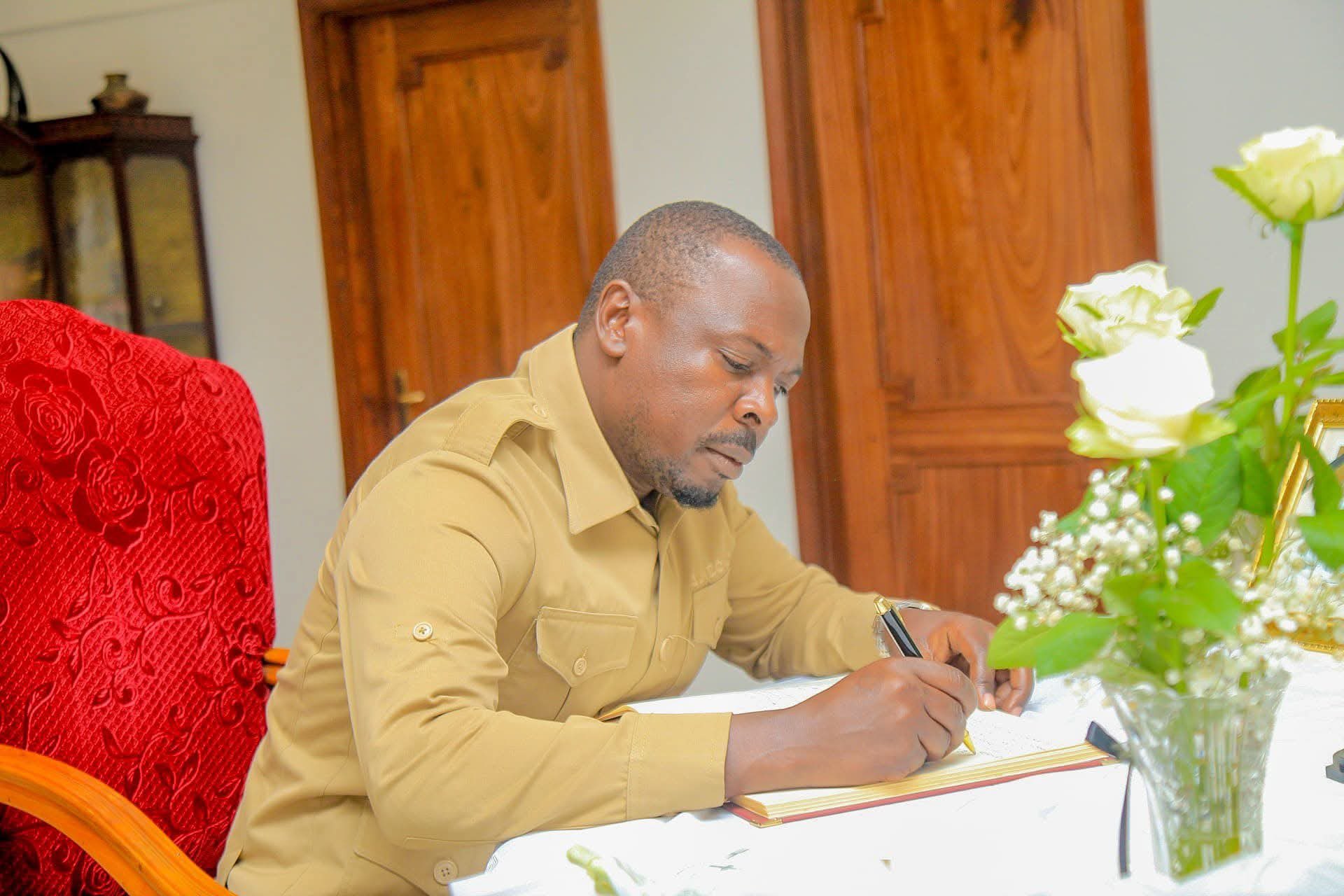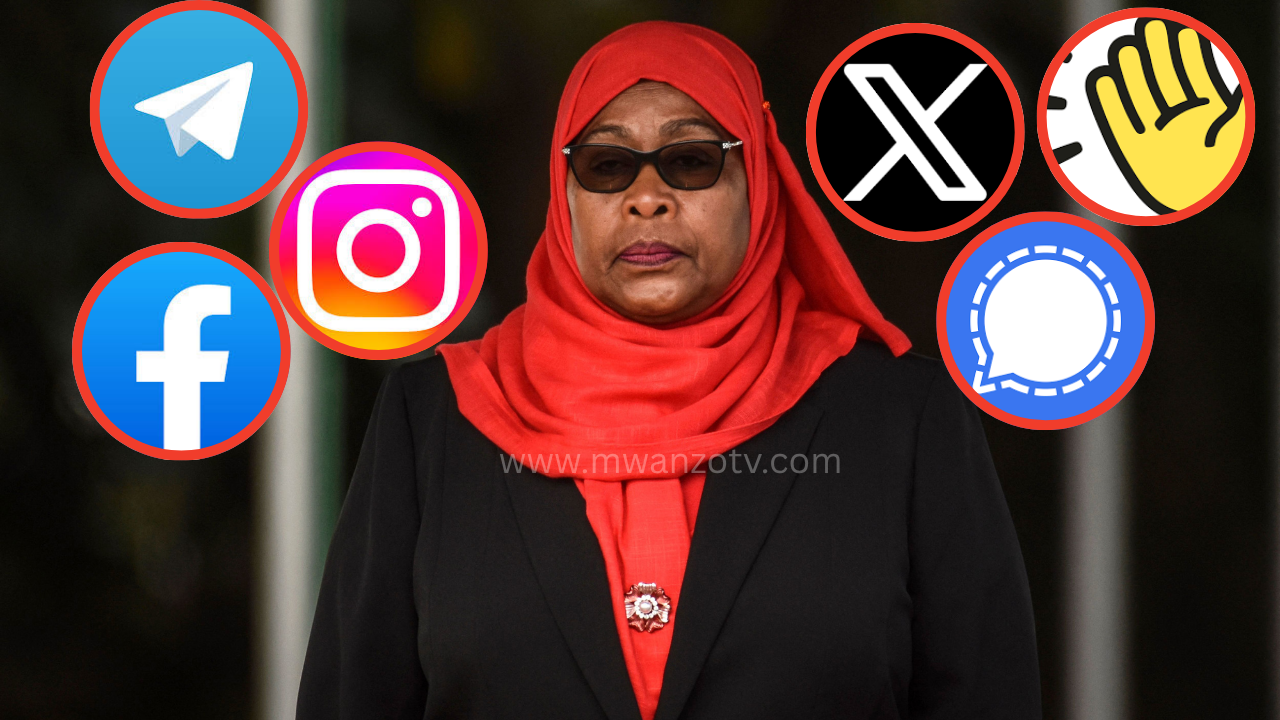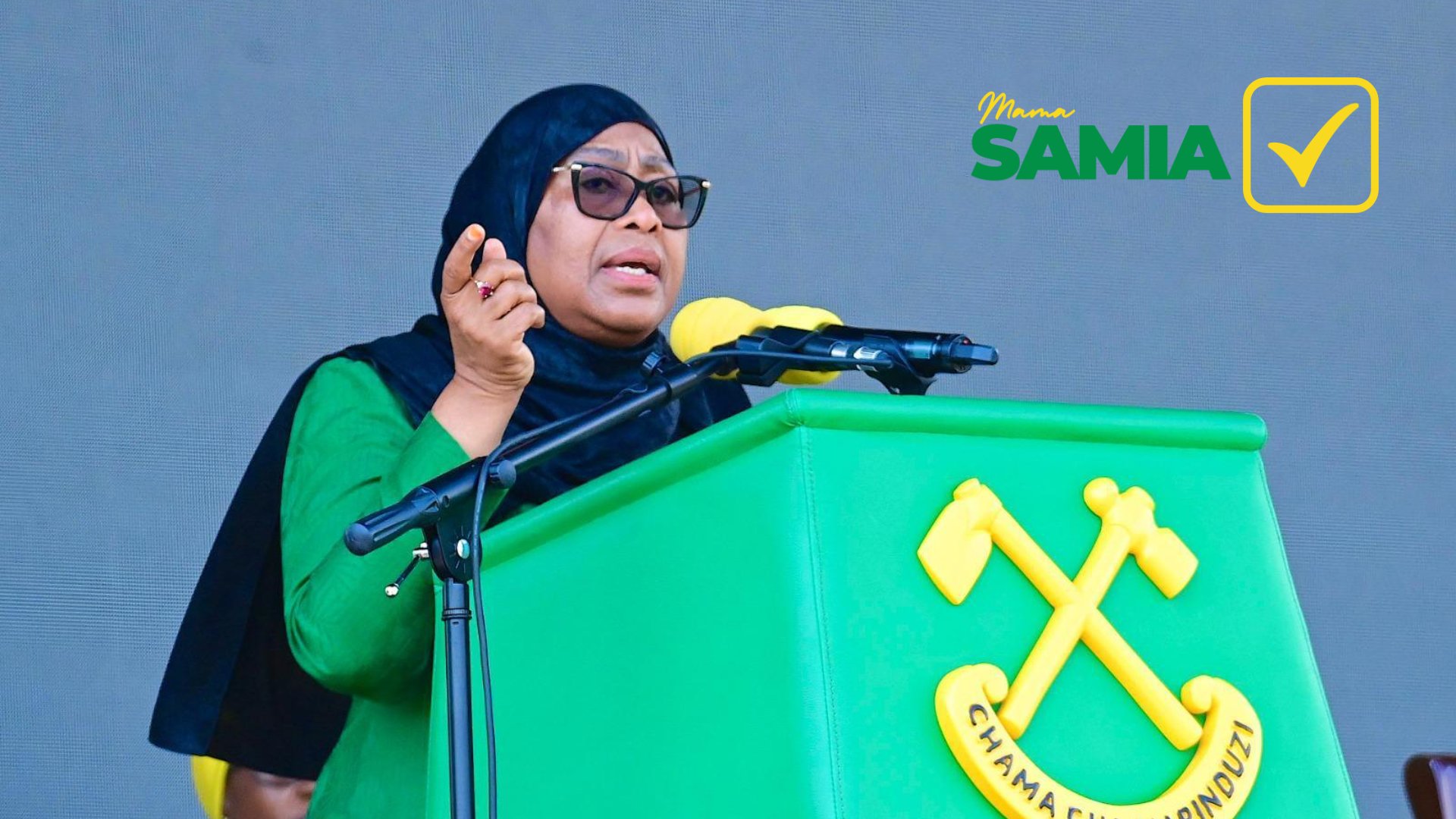Former Botswana President,Ian Khama Declares Tanzania’s President Illegitimate
Khama condemned leaders who cling to power through violence and manipulation, saying, “It is totally unacceptable when an African leader, in order to stay in power, will resort to killing his or her own people, will rig an election as if they are God’s gift to their country.”
